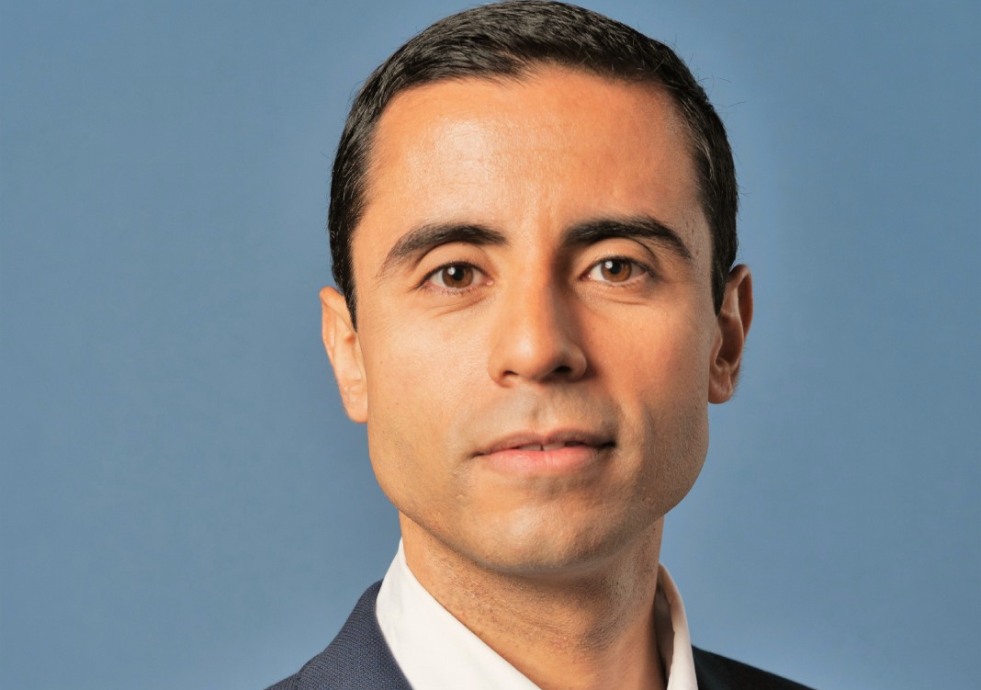The collapse of Republic First Bank in late April was the first of 2024, and it was small potatoes. Republic First had only $6 billion in assets and $4 billion in deposits, and Pennsylvania neighbor Fulton Bank easily digested it. But even a tiny failure reminded finance executives, once again, of the current dangers lurking in the U.S. banking system: high interest rates keeping the cost of banks’ funding high and pressuring the ability of borrowers to service their debt,
Since the financial crisis, protecting a company’s cash stored as bank deposits has been paramount for smart finance teams. However, it may be becoming more complex, especially as the FDIC deposit insurance limit remains at a modest $250,000 per depositor. To gain some insight into the latest best practices for CFOs and treasury departments seeking to ensure deposit safety, our Katie Kuehner-Hebert spoke with Reid Thomas, chief strategy officer of Ampersand, a firm that helps companies optimize deposit management and secure competitive interest rates.
How can CFOs protect their organization’s bank deposits, especially amid the financial pressures regional banks are experiencing?
Anxiety about last year’s bank failures isn’t going anywhere: Our research shows that 55 percent of executives are concerned about future safety, and more than three-quarters (77 percent) of depositors would be willing to give up a portion of their returns to an institution that guarantees deposit safety. To address this issue, CFOs would do well to collaborate with experts in vetting the safety and soundness of their partner financial institutions.
Most importantly, CFOs should ensure all deposits are fully FDIC-insured—either by working with multiple banks so no one holds more than the FDIC insurance limit of $250,000 or by partnering with a deposit management company to facilitate this across a banking network.
In the absence of partners, CFOs should work closely with their operating bank to understand the strategies used to protect their deposits, such as pledging collateral against them.
How do CFOs manage bank concentration risk when their lenders have a deposit requirement for their borrowers?
Concentration risk remains critical, particularly as banks seek competitive advantages through specialization. As loan portfolios in specialized sectors grow, so does the bank’s need for deposits. Lenders, therefore, often make it a condition of the loan agreement that the borrower holds deposits at their bank. That can create uninsured deposits.
Broadly, deposit requirements primarily benefit the bank. Nearly one-third of our survey’s depositors said they are limited in their ability to select a financial institution due to loan requirements. Most (90 percent) of them would move their deposits if released from that condition. The borrower/depositor needs to go into the borrowing arrangement with a clear understanding of the consequences for risk management.
What do CFOs need to know about “impact cash”? What is it, why does it matter, and how do they deploy it?
Corporations are challenged to live their values and show customers and investors they are contributing meaningfully to society and their local communities. ‘Impact cash’ means deploying deposits in a way that supports essential company initiatives.
One example is a company choosing to deposit funds with a minority depository institution to live the commitment to diversity, equity and inclusion. On the other hand, if a sustainability-focused corporation deposits funds with a banking partner that uses them to fund loans for an oil company, that could become a values misalignment minefield with significant reputational and economic consequences for the corporation.
The popularity of impact cash is rising. Two-thirds of banking professionals we surveyed said interest in values-based banking has grown. And 55 percent of depositors said they would be willing to sacrifice returns for an institution aligned with their values.
What is the role of the depositor in the banking landscape, and how can CFOs more effectively leverage the power of their deposits?
Deposits form the bedrock of all financial institutions and transactions. Banks cannot issue loans without deposits, and the economy can’t prosper. Depositors must understand that their participation in this system is valuable. Creating a relationship with your bank that acknowledges that through competitive rates and a focus on safety and soundness is imperative. Developing a comprehensive deposit management strategy can keep funds safer, improve values alignment, and drive increased returns.








